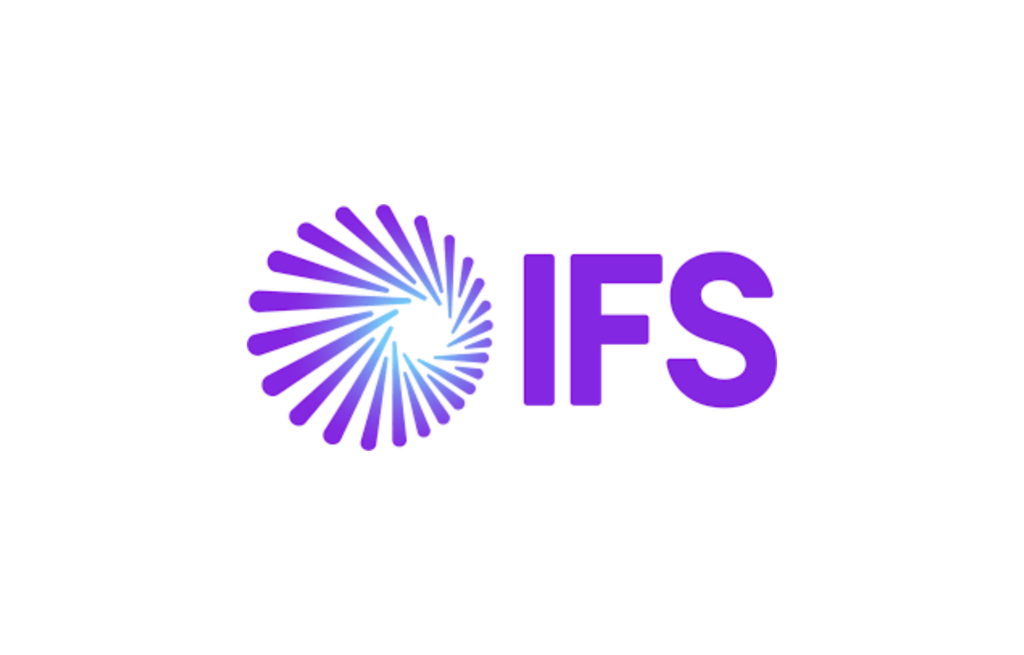Oracle unveiled an updated version of its Oracle Fusion Cloud Supply Chain & Manufacturing (SCM) at the Oracle CloudWorld event in Las Vegas on September 11, 2024.
The enhanced version uses artificial intelligence (AI) to help customers increase their productivity, expand visibility, and accelerate supply chain processes.
Oracle Cloud SCM now provides real-time insights into work orders and generative AI-powered shift reporting to help organizations improve their manufacturing processes. Through its Smart Operations for Manufacturing capability in Oracle Fusion Cloud Manufacturing, it also helps production supervisors resolve issues related to operational performance.
Maintenance issues can be resolved quickly through Oracle Fusion Cloud Maintenance’s Smart Operations for Maintenance capabilities, which send real-time alerts on problems that might require immediate attention. The updated version also improves the Oracle Fusion Cloud Order Management system, which can help users perform mass updates on multiple order lines, take advantage of new search capabilities, and review alternate fulfillment options.
Enhancements to the product’s Oracle Fusion Cloud Product Lifecycle Management (PLM) have updated its search capabilities. The PLM includes systems that can quickly find items and configure critical objects and navigation paths for users.
Speaking about the improved version of the SCM system, Chris Leone, Executive Vice President of Applications Development at Oracle, said, “The latest enhancements to Oracle Cloud SCM help customers create a smarter, more responsive supply chain by enabling them to optimize planning and execution and improve the speed and accuracy of processes.”
Updates to SCM systems like the one by Oracle can help manufacturers prepare for low demand and activity cycles like the current one, where manufacturing output in August declined globally. The Institute of Supply Management’s (ISM’s) August Purchasing Managers Index (PMI), a key indicator of manufacturing activity, for the US inched up to 47.2% in August from 46.8% in July. Still, a reading below 50% on a PMI Index signals an economic contraction.
Additionally, a strike at US ports on the East and Gulf Coasts starting on October 1, 2024, could likely impact supply chains ahead of the holiday season, making it even more imperative for manufacturers and distributors to ensure they have a robust SCM system in place to help them prepare for any eventuality.
Healthcare SCM improvements
Oracle also unveiled a new solution embedded with RFID at the Oracle CloudWorld event to help healthcare organizations automate and manage their inventory.
This enhancement to the Oracle Fusion Cloud SCM solution uses RFID technologies from Avery Dennison, Terso Solutions, and Zebra Technologies to capture usage, update stock balances, track location, and trigger automatic restocking of supplies and materials. The updates will help reduce human error while ensuring that supplies are readily available for clinicians during each procedure.
According to Leone, “[Oracle is] collaborating with leading RFID vendors to deliver an end-to-end solution allowing healthcare organizations to automate stock replenishment, expand inventory visibility, improve productivity, and enable clinicians to spend less time looking for supplies and more time focusing on patients.”






